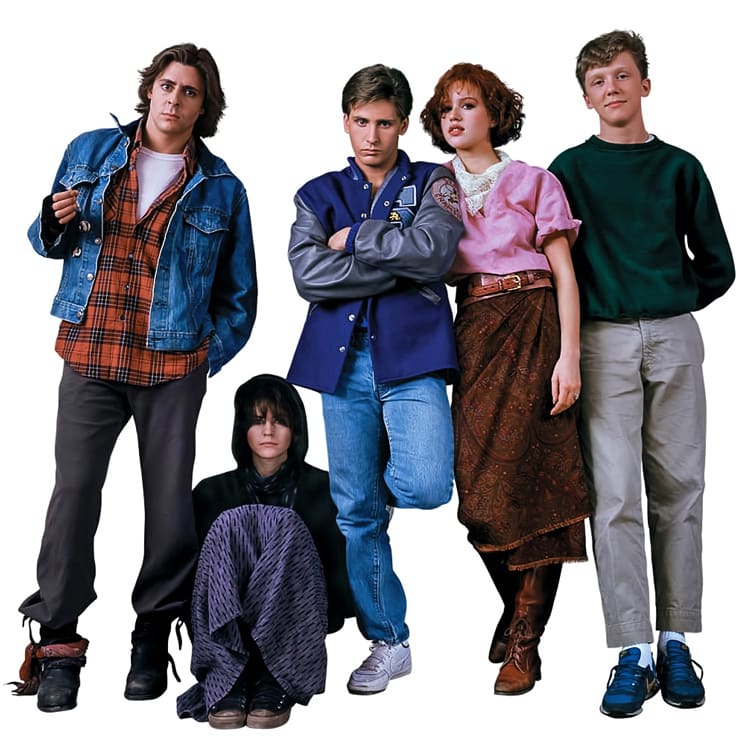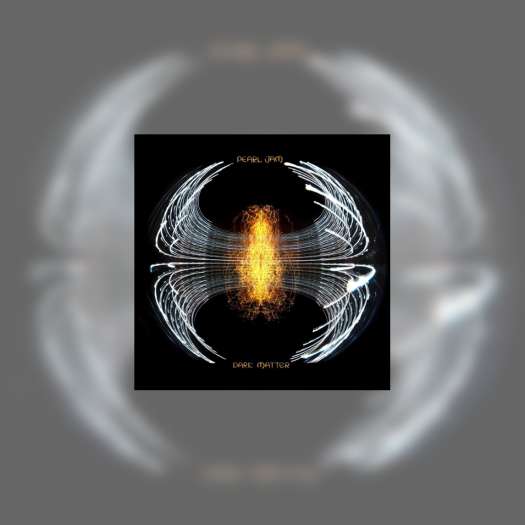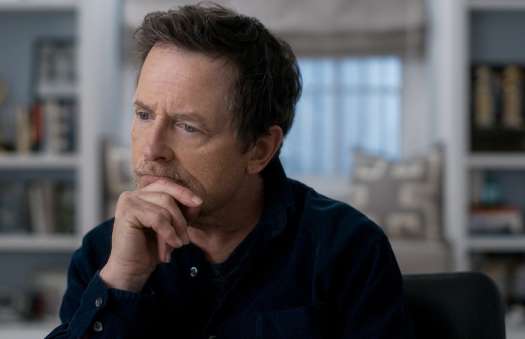In the aftermath of the Harvey Weinstein scandal and the ensuing #MeToo and Time's Up movements, much has been made about how we consume art that has since fallen out of step with cultural norms. Now, Molly Ringwald has offered perspective of her own by reexamining the films of John Hughes, including those she starred in herself.
In an essay penned for The New Yorker, Ringwald questions how Hughes films The Breakfast Club, Sixteen Candles and Pretty in Pink have endured despite instances of sexism, racism and homophobia in each, while also wondering how they are at times revered by the groups of people they could be insulting.
In particular, she examines scenes in which Hughes' males characters take advantage of female characters, such as John looking up Claire's skirt in The Breakfast Club and the scene in Sixteen Candles which implies that character Caroline had been traded to another male character for sex.
"How are we meant to feel about art that we both love and oppose? What if we are in the unusual position of having helped create it?" Ringwald writes. "Erasing history is a dangerous road when it comes to art—change is essential, but so, too, is remembering the past, in all of its transgression and barbarism, so that we may properly gauge how far we have come, and also how far we still need to go."
Ringwald also delves into Hughes' past writings for National Lampoon, which is more blatantly racist, sexist and homophobic than the film content discussed. She also interviews Hughes collaborators and her co-stars from the era, writing that ""even criticizing [the films] makes me feel like I'm divesting a generation of some of its fondest memories, or being ungrateful since they helped to establish my career. And yet embracing them entirely feels hypocritical. And yet, and yet. . . ."
She concludes: "John wanted people to take teens seriously, and people did. The films are still taught in schools because good teachers want their students to know that what they feel and say is important; that if they talk, adults and peers will listen. I think that it's ultimately the greatest value of the films, and why I hope they will endure. The conversations about them will change, and they should. It's up to the following generations to figure out how to continue those conversations and make them their own—to keep talking, in schools, in activism and art—and trust that we care."
You can read Ringwald's entire essay here.
In an essay penned for The New Yorker, Ringwald questions how Hughes films The Breakfast Club, Sixteen Candles and Pretty in Pink have endured despite instances of sexism, racism and homophobia in each, while also wondering how they are at times revered by the groups of people they could be insulting.
In particular, she examines scenes in which Hughes' males characters take advantage of female characters, such as John looking up Claire's skirt in The Breakfast Club and the scene in Sixteen Candles which implies that character Caroline had been traded to another male character for sex.
"How are we meant to feel about art that we both love and oppose? What if we are in the unusual position of having helped create it?" Ringwald writes. "Erasing history is a dangerous road when it comes to art—change is essential, but so, too, is remembering the past, in all of its transgression and barbarism, so that we may properly gauge how far we have come, and also how far we still need to go."
Ringwald also delves into Hughes' past writings for National Lampoon, which is more blatantly racist, sexist and homophobic than the film content discussed. She also interviews Hughes collaborators and her co-stars from the era, writing that ""even criticizing [the films] makes me feel like I'm divesting a generation of some of its fondest memories, or being ungrateful since they helped to establish my career. And yet embracing them entirely feels hypocritical. And yet, and yet. . . ."
She concludes: "John wanted people to take teens seriously, and people did. The films are still taught in schools because good teachers want their students to know that what they feel and say is important; that if they talk, adults and peers will listen. I think that it's ultimately the greatest value of the films, and why I hope they will endure. The conversations about them will change, and they should. It's up to the following generations to figure out how to continue those conversations and make them their own—to keep talking, in schools, in activism and art—and trust that we care."
You can read Ringwald's entire essay here.




